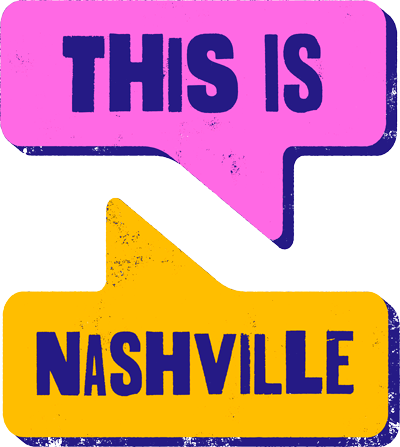
Bonnaroo is back after a two-year hiatus. And this year, the promoter has welcomed a nonprofit to distribute the overdose reversal drug naloxone as drug deaths continue to soar among young adults. But the festival still hasn’t embraced more controversial forms of harm reduction.
Naloxone can reverse an overdose if used in time. But fentanyl test kits can potentially prevent an overdose in the first place by alerting the user that their ecstasy or Xanax is laced with cheap but potent synthetic opioids.
Organizations that offer drug checks and test kits say they’re still not welcome at Bonnaroo. A group called Bunk Police even protested outside the event in 2019, the same year a 26-year-old from Brentwood died of an overdose with both ecstasy and fentanyl in his system.
The founder, who goes by Adam Auctor, says he had been sneaking in for years and selling thousands of kits.
“We have been thrown out of Bonnaroo twice,” he says. “One of the instances, they turned over $12,000 of our test kits to the local police department and told us if we wanted them back we’d have to go talk to the sheriff.”
Fentanyl test strips were considered drug paraphernalia in Tennessee until just this year when the state legislature decriminalized them. Music festivals have grown more accepting of the harm reduction method, though Auctor says the largest — like Bonnaroo, which is owned by industry giant Live Nation — are concerned about potential legal liability and their family-friendly image.
More: This new nonprofit plans to flood Bonnaroo with overdose reversal drugs
Auctor, who says he uses a pseudonym because he’s often forcing dealers to destroy tainted drugs, has given up on Bonnaroo for now but still smuggles his test kits into other festivals rather than seeking permission to be a vendor. *He counts on promoters turning a blind eye to his operation. Some tell him he’s “doing God’s work.” Auctor is not religious but says his “moral compass points in this direction.”
“They have, in the past, given us a long list of insurance requirements,” he says. “We have scoured the planet, I kid you not, for underwriters that will insure us in this circumstance.”
Bonnaroo has not directly addressed distribution of drug test kits now that they’re legal in Tennessee.
“Bonnaroo is continually striving to find ways to take care of and educate our patrons. We do so through a variety of vendors and non-profit organizations,” the promoters said Thursday in a statement to WPLN News without addressing questions about drug checks.
Mitchell Gomez, executive director of DanceSafe, says drug checking that his nonprofit offers is “not an option any more.”
Fentanyl overdoses — often from laced substances — are now the top cause of death for young adults. And Gomez says promoters know it’s impossible to keep drugs out of their festivals just by searching bags at the gate. DanceSafe does work to get permission, and promoters are more open to partnering, Gomez says. But some only allow them to distribute flyers and ear plugs — perhaps the most non-controversial form of harm reduction at a concert.
Gomez says he understands why corporate lawyers are cautious, but he says the concern is misplaced.
“I actually think there’s liability regardless of which direction you go,” he says. “If somebody dies at your event from something DanceSafe could have prevented, and we reached out to you about being on site and you turned us down, I actually think that probably created some liability as well.”


